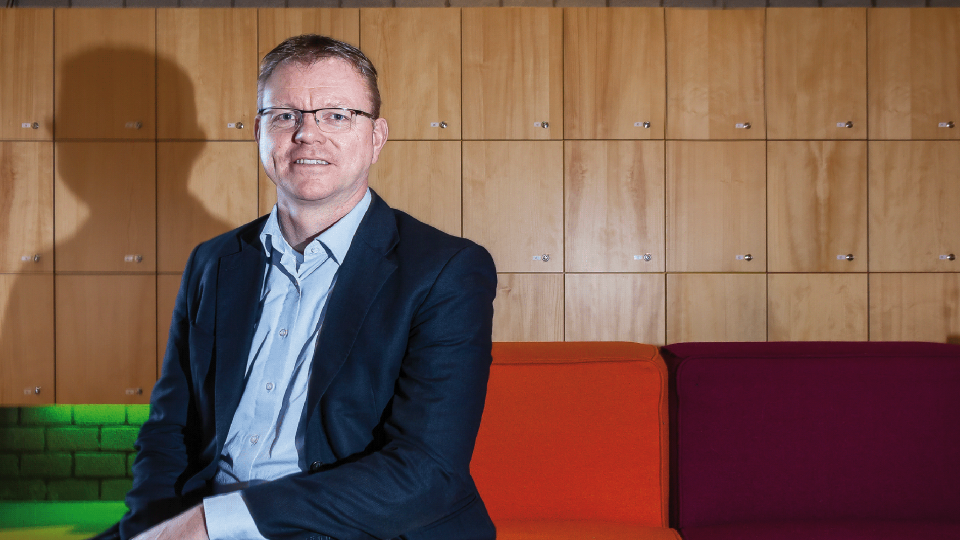It’s raining inventions
If you are a doctor, how do you manoeuvre a surgical scalpel through a human body? Doctors do that using the Cardiac Bioptflex, an instrument that lets them to access the heart very precisely and slice away a sliver of tissue.

This advanced steering system was developed by a young enterprise called DEAM Products. “We did it working together with cardiologists at the University Medical Centre Groningen”, says Jules Scheltes, one of the company’s owners. “The benefits of the collaboration are double-edged: We get the expertise of the medical specialists, and from now on, they get to enjoy a new instrument that lets them perform operations in an easier, safer and less expensive way.”
The Bioptflex is one of the many high-tech products created at Health Hub Roden. “It’s a place where business and technical minds come together”, says Health Hub Director, Peter Boonstra, “Open innovation is the result.” Dozens of start-ups and SMEs rent space at Health Hub Roden, and also share the use of technical facilities. Like a laboratory for chemical and microbiological research, and the ‘Fab Lab’, a digital workshop with 3D-printers, scanners and laser cutters.
The successful business centre was created on the foundations of the American company Cordis. The catheter manufacture closed its shop doors in 2009. A number of highly qualified employees didn’t leave it at that. They set up an independent venture in development of medical appliances and technology.
An ingenious robot takes on the job
From the start, the initiative had the wind under its wings. "MedTech is booming”, says Boonstra. “Healthcare has a huge shortage of personnel right now. And there is also a growing demand for medical technology that can be used to treat patients in their home environment. For diagnoses and treatments, small devices and instruments are needed. We think them up and produce them here.”
Another major factor in our success is the involvement of knowledge institutes: vocational-technical schools, applied sciences institutes, universities and hospitals. For example, nursing students work at the ‘Hub’, alongside technology students. “They think up practical solutions to all kinds of everyday problems”, Boonstra says.
“How do you get an elderly lady's compression stockings on and off easily? That is a very common and time-consuming activity for home-care staff.” At Health Hub Roden an especially exciting innovation is now in the works: an ingenious robot that can do these kinds of everyday jobs in the future.
For the businesses here, but also for investors, the innovative environment offers huge potential. “Together we make sure innovations are taken up and flourish”, Boonstra says.